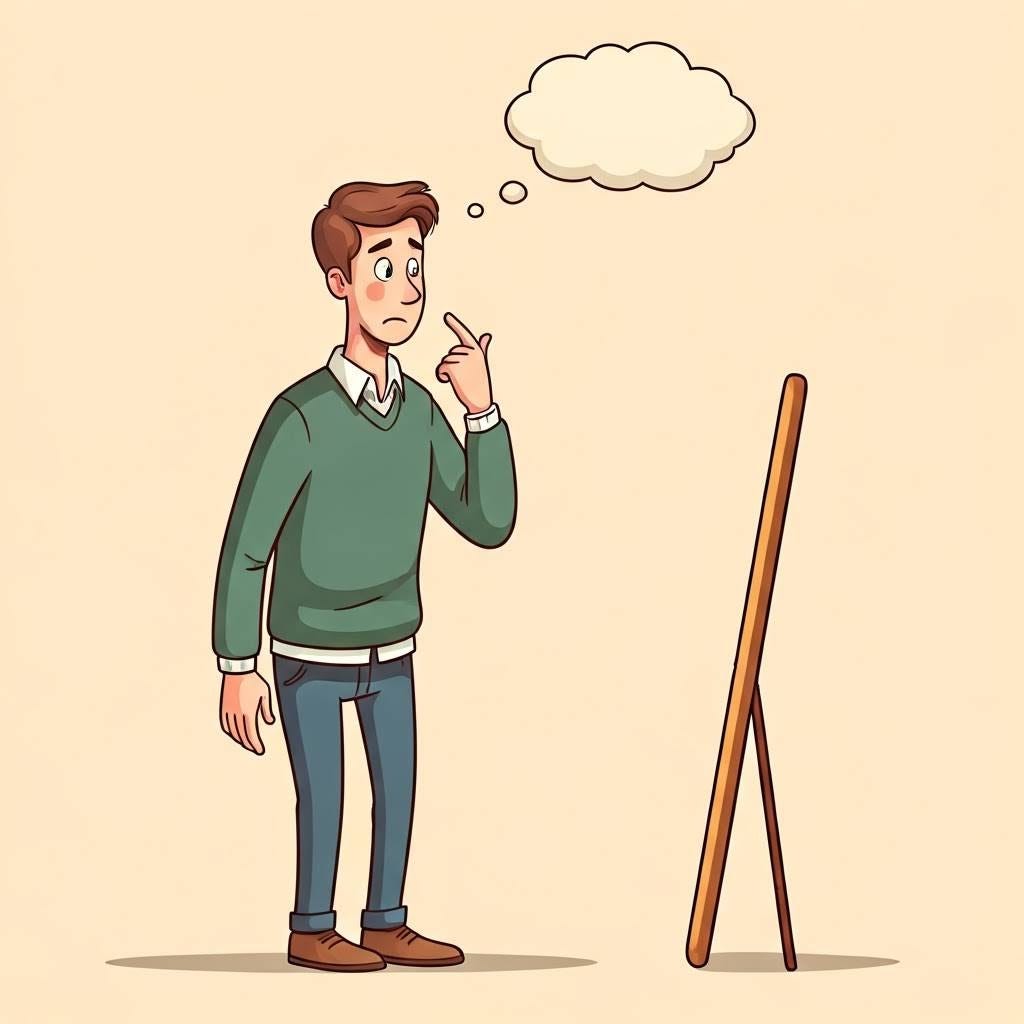The Stories We Tell Ourselves: Shaping Identity and Decision-Making
Uncovering the Motivations Behind Our Personal Narratives
Human nature makes us the center of every story we tell ourselves or others. We are either the hero or the victim. It is like what you do when you look at a photo. You tend to look for yourself. The quality of a photo is determined by how you feel you look in the picture.
Knowing this, consider how being the center of the story might affect its validity. We are framing the events from our own perspective, justifying our actions and motives, and possibly downplaying or misinterpreting the perspectives of others.
Today, people often refer to “their truth!” That is understandable and helps us see the conflicting versions of the same event. Each person shapes the truth by their experiences and emotions.
The storyteller may genuinely believe their version, but the account may reflect personal motivations rather than objective reality.
As we tell the story, it becomes a powerful communication tool. Stories are told to elicit emotional responses and often manipulate perceptions and beliefs. Think of what the media does with real-life events. It honestly has more to do with where the camera is than we could ever imagine. Does the camera capture the entire scene? Are we seeing the truth?
Stories we tell and hear can create false memories without realizing it. We can be sincere but incorrect about past events. Reality gets distorted every time we tell or hear a story.
The fact that we are the center of the story as either a hero or victim often involves exaggerating or fabricating. Others who were there may not remember it the way the storyteller does. They may even call into question the facts or laugh it off, as that is just how he tells the story.
We tell a story about our actions, what others did to us, and how those events affected us. This perspective allows us to frame the events to align with our beliefs and emotions and gives us a sense of control and meaning to our lives and what happened.
Our stories are usually about moments of powerful emotions, pride, shame, victory, or loss. How we tell the story and remember the event influences our daily decisions and shapes our view of ourselves, our emotions, and our perception of possibilities.
We tell stories to others, but even more importantly, we tell the same stories to ourselves repeatedly. We remember how we felt, whether we win or lose or are the hero or victim.
Our stories now encourage and embolden us, or discourage and defeat us.
We talk to ourselves more than anyone, and we mostly discourage ourselves. Often, we find ways to self-criticize, subsequently seeking justifications or a scapegoat.
The stories we tell ourselves influence our daily decisions. It may be time to evaluate our stores, change them, and bring our stories, our imagination, and our thoughts into captivity to Christ. Thinking better would change our entire lives.
The stories of frustration, fear, and self-doubt lead to stories of “I’m not good enough” or “I always fail.” Let us stop it with these stories. They only stifle and create self-fulfilling prophecies.
If you can get control of your stories, recognize what you are saying to yourself and others, and reframe the stories, you might find yourself on the path to personal growth.
Remember, your stories influence how you perceive yourself, make decisions, and face challenges.
Quotes
"Stories are memory aids, instruction manuals and moral compasses." Aleks Krotoski
"The only person you are destined to become is the person you decide to be."
Ralph Waldo Emerson
"I am who I am today because of the choices I made yesterday." Eleanor Roosevelt
"If you have no critics, you'll likely have no success." Malcolm X






Love this article! Wonderful truth Pro. 23.7